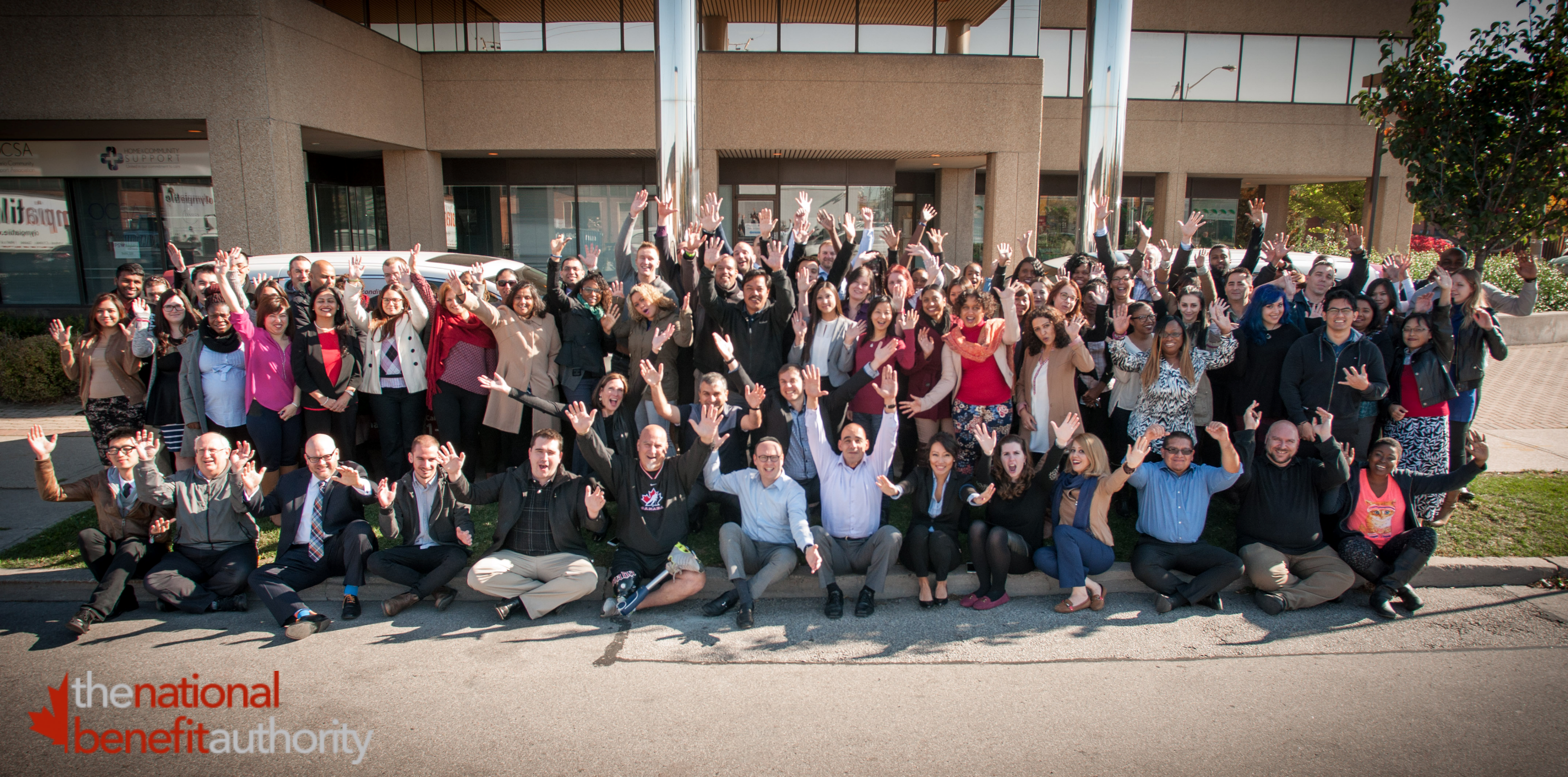
It’s time to clear up the myths and misconceptions surrounding the Disability Tax Credit (DTC). We’re welcoming The National Benefit Authority (NBA) for a Guest Blog on this topic.
First of all, the Disability Tax Credit is a non-refundable tax credit, meaning you can only use it to reduce the income tax you may have to pay. However, the DTC is also retroactive (up to 10 years), so you if it’s 2017 now, you can claim it back up to 2006.
This retroactive aspect of the DTC is the reason why some people may receive a substantial refund while others may receive little to nothing back – your DTC amount depends on the income tax you paid during the years you are claiming the DTC. But even if you can’t claim your Disability Tax Credit, many people don’t know that the DTC is transferrable to a family member who’s been supporting your basic necessities may be able to.
DTC Eligibility – What is a Disability?
DTC Eligibility is where it sometimes gets messy. Many people (doctors included) believe that the DTC requires someone to be “disabled” – but what’s a diagnosis for “disability” like? Think about it and you’ll realize, “yeah, there are some disabilities that aren’t immediately obvious (like some mental illnesses or Crohn’s disease”).
Don’t confuse what the Canada Revenue Agency’s Disability Tax Credit eligibility requirements are with an opinion for what a “disability” is. Most people are mistaken to confuse those ideas. To qualify for the DTC, you must have a severe and prolonged marked restriction or more than 2 significant restrictions to a basic activity of daily living (BADL).
It’s Not Always Straightforward
If the above definition doesn’t seem to apply to you, don’t feel bad – it’s not always straightforward for everyone. This definition basically means, to qualify for the DTC, someone must either unable to, or it takes them 3 times as long to person one or more of the BADL: dressing oneself, elimination, feeding oneself, walking, speech, mental functions necessary for everyday life; or if one requires life-sustaining therapy.
Not to oversimplify it, but that’s the Disability Tax Credit in a nutshell. Consider checking out the Disability Tax Credit yourself or for a family member – but try not to get caught up in asking “do I have an eligible disability”?
If you find yourself looking for more information, The National Benefit Authority has assisted over 40,000 Canadian families with the Disability Tax Credit and they’d be more than happy to answer your questions or sharing what they do.
The National Benefit Authority is Canada’s largest disability benefit service provider and has helped over 40,000 Canadians living with disabilities and their families successfully apply for and claim the Disability Tax Credit. 1-888-389-0080.
As always we welcome your feedback and your questions. You can connect with us by email or telephone or leave a comment right here on the site. Check out our Facebook and Twitter pages and our YouTube Channel too and join in the conversation!
Thanks again!
– WIO Staff




Leave a Reply
Want to join the discussion?Feel free to contribute!